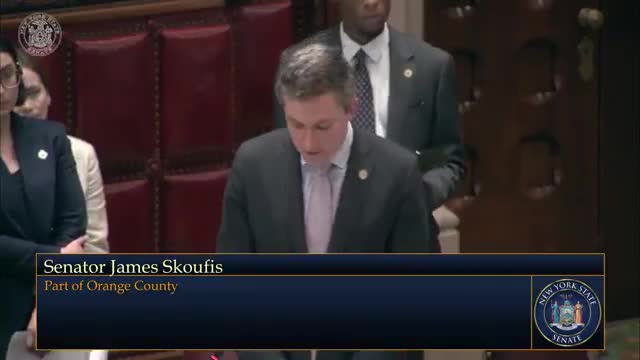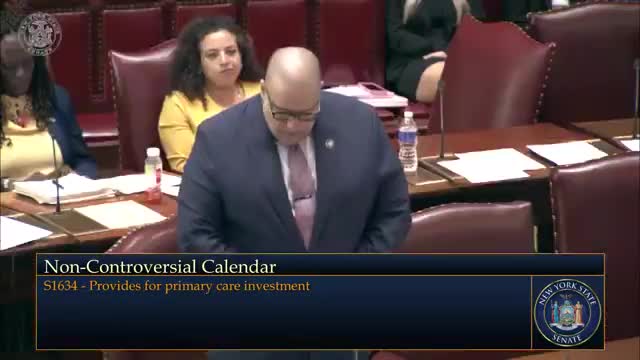Article not found
This article is no longer available. But don't worry—we've gathered other articles that discuss the same topic.

Votes at a glance: key measures the Senate approved on June 10, 2025

Senate bans biomedical harvesting of horseshoe crabs amid conservation concerns

Senate outlaws casino‑style online sweepstakes, targets platforms and payment processors

Senate approves Primary Care Investment Act to shift spending toward primary care

